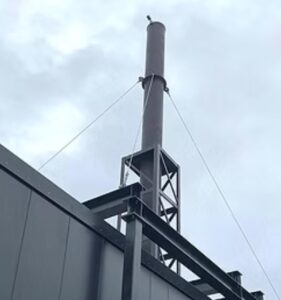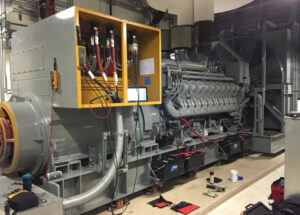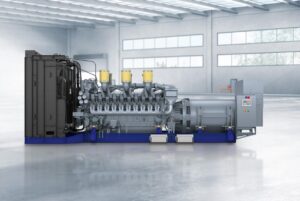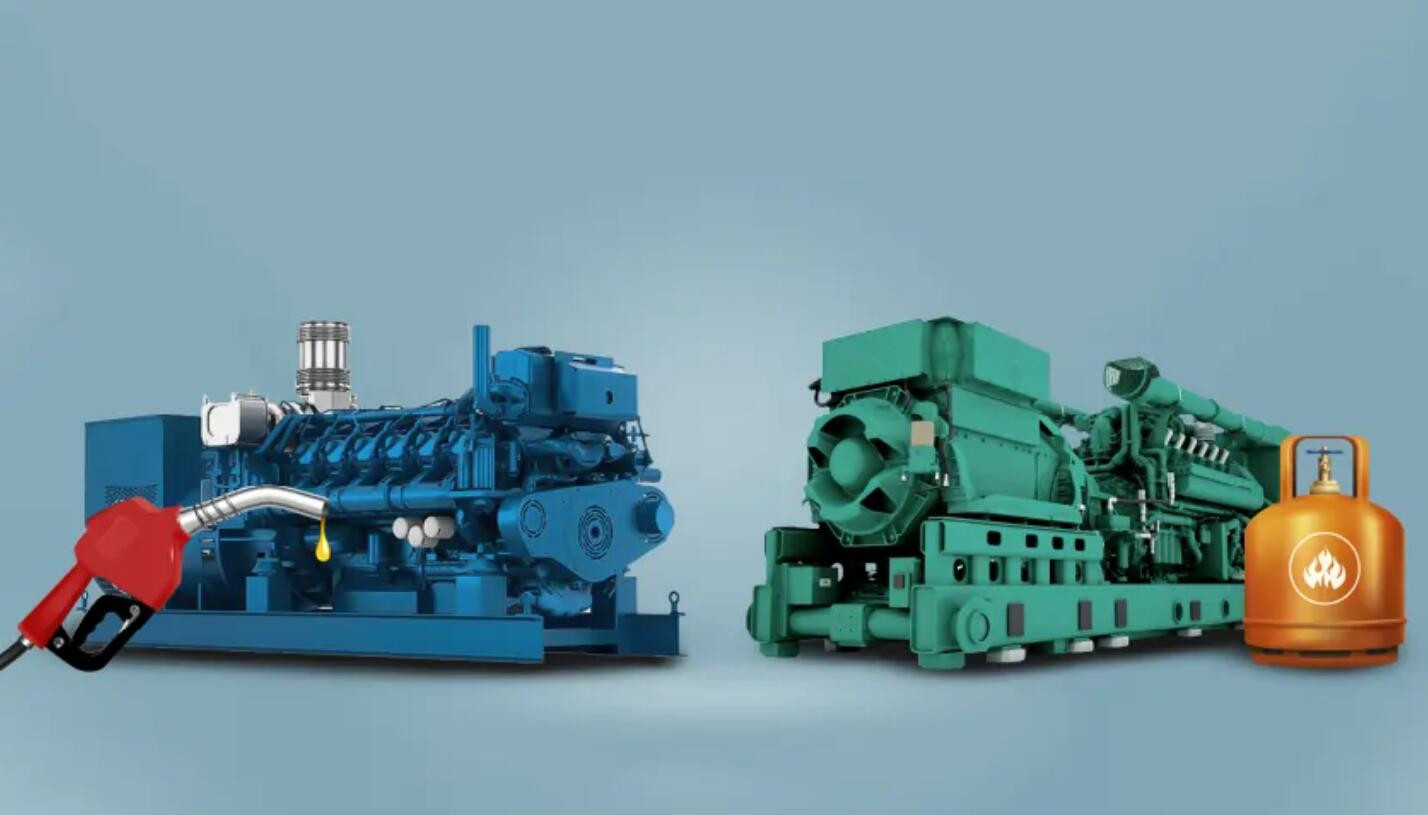
Diesel and gas generators are both popular choices for reliable power, but which one will serve you best for the long haul?
When it comes to choosing between a gas or diesel generator for longevity, diesel generators typically last longer and require less maintenance, making them the better option for long-term use. However, your specific needs might influence this decision.
Choosing the right generator for longevity can save you money in the long term. Both gas and diesel generators have their advantages, but the critical question is which one will stand the test of time. Let’s explore the details to make the best decision for your power needs.
Why Are Diesel Generators Better For Longevity?
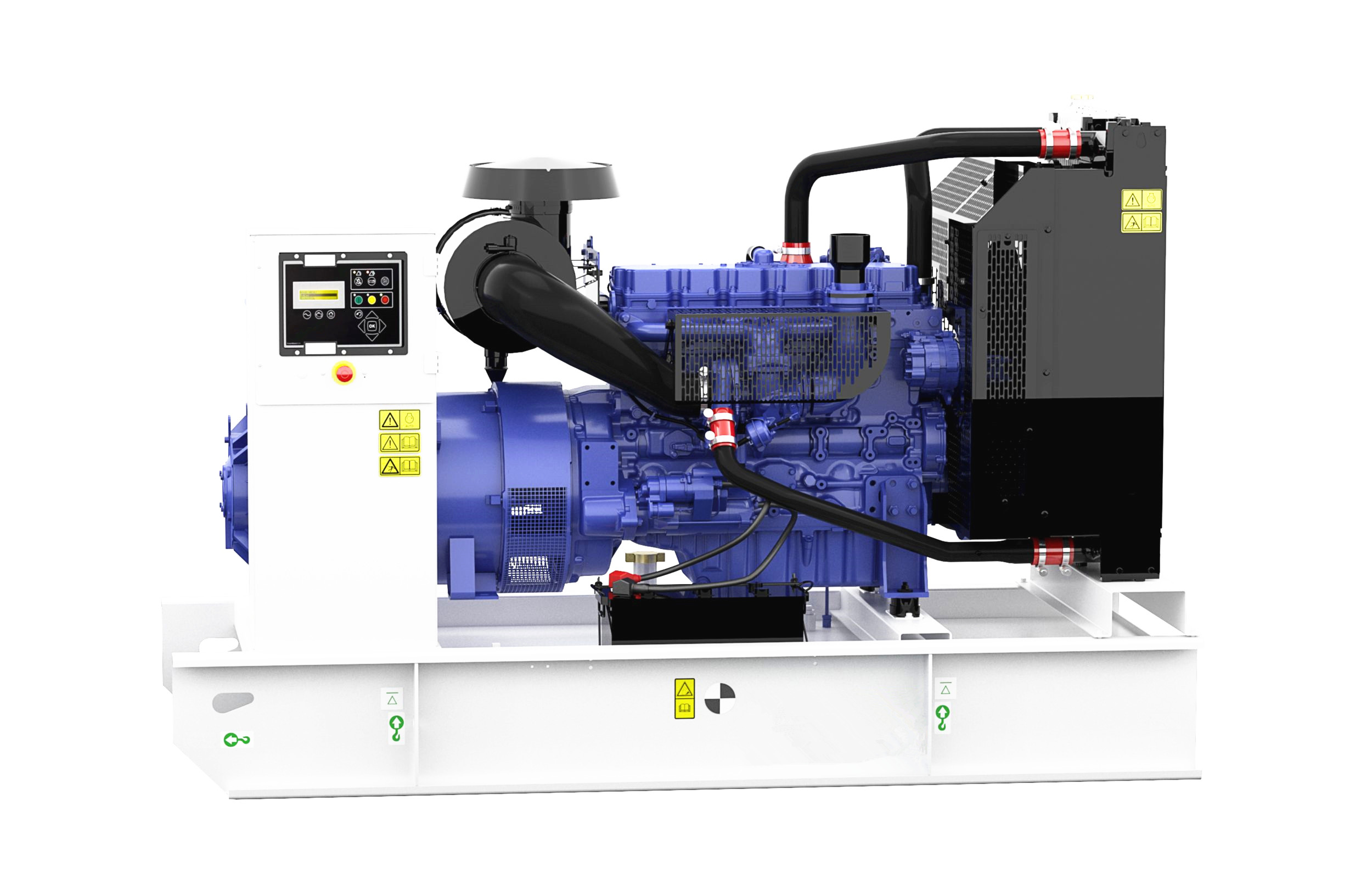
In terms of lifespan, diesel generators typically outlast gas models. Diesel engines are designed for heavy-duty use, and they can run for much longer without significant wear and tear. While gas generators may have a lower upfront cost and are quieter, diesel engines tend to have a more robust construction and can handle continuous use better.
Diesel engines have higher compression ratios, which makes them more durable over time. They also use oil to lubricate the engine, which reduces the risk of wear and tear compared to gas engines that rely more on air cooling and less lubrication.
How Diesel Generators Stand Out In Terms Of Longevity
Diesel generators are built with longevity in mind. A typical diesel engine can last anywhere between 15,000 to 30,000 hours, while gas engines usually last only 5,000 to 10,000 hours before requiring major repairs or replacement. This difference in lifespan is primarily due to the way the engines are constructed and the types of fuels they use.
Diesel engines are designed to withstand greater stress, thanks to their stronger components and higher compression. They also generate less heat than their gas counterparts, which means that the components inside the engine wear less over time.
In addition to their design, diesel engines are often used for industrial applications, where they are expected to operate continuously for hours at a time. This constant use helps ensure that the engine is running optimally, which contributes to a longer lifespan.
Do Gas Generators Have Any Advantages For Longevity?

While diesel generators are generally superior when it comes to longevity, gas generators also have their benefits. Gas engines tend to have fewer moving parts, which can translate to less maintenance. They are also quieter, which may be an important factor if noise is a concern in your environment.
Gas engines are typically easier to maintain and cost less upfront, but they wear out more quickly compared to diesel engines. However, with proper care, a gas generator can still provide reliable service for many years.
Maintenance And Care For Gas Engines
Gas engines typically require more frequent maintenance, such as spark plug changes, fuel system cleaning, and oil changes. While these are manageable tasks, they do add to the long-term maintenance costs. Gas engines also suffer from more wear and tear due to the higher RPMs (revolutions per minute) they operate at, compared to diesel engines, which run at a slower speed.
However, gas generators are ideal for lighter use and situations where you don't need the same level of continuous operation as a diesel generator would provide. If your usage is intermittent or for smaller applications, a gas generator may serve you well for many years, but for continuous, heavy-duty power, the diesel option is likely the better choice.
What Impacts The Longevity Of Both Gas And Diesel Generators?
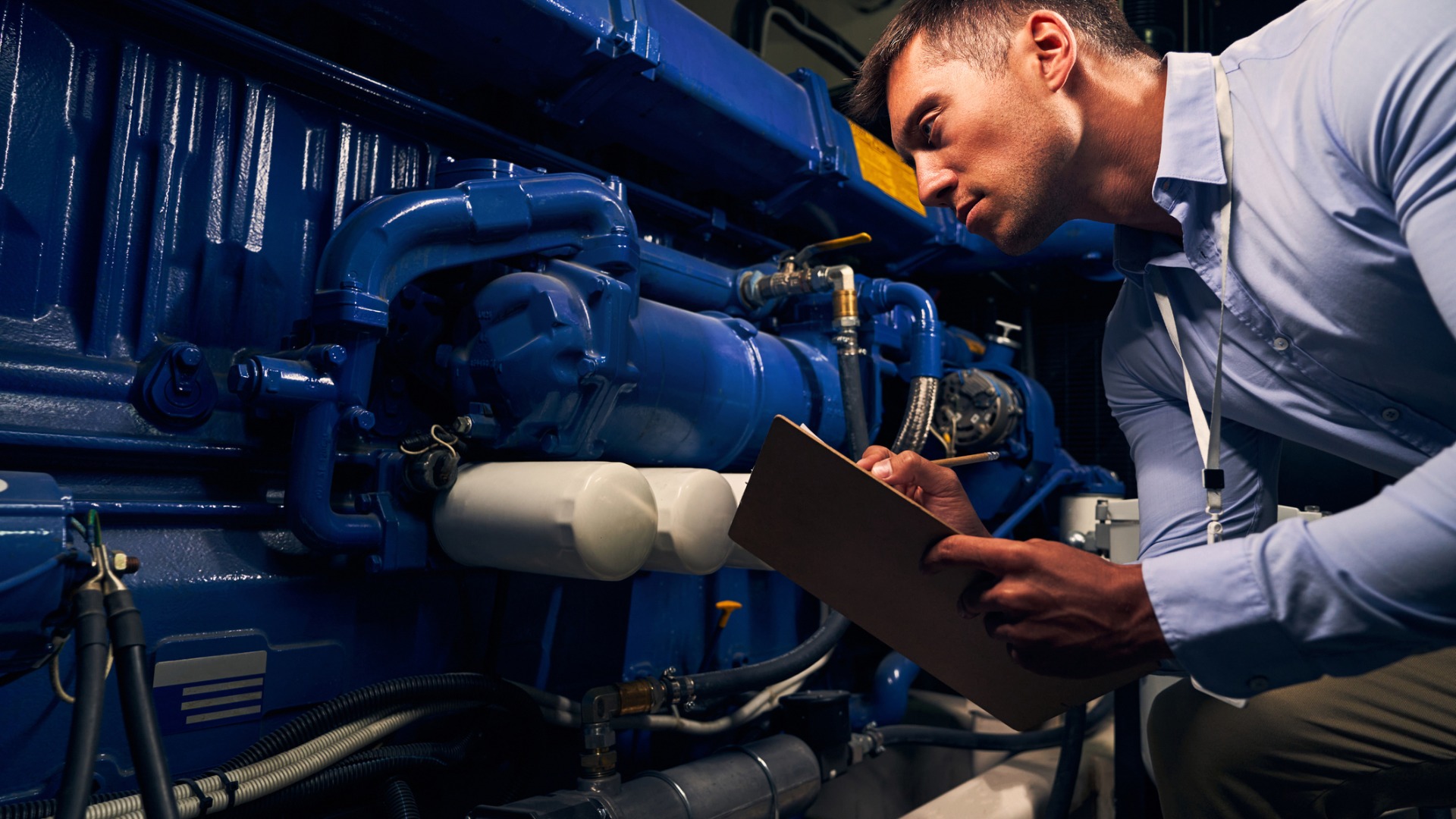
The longevity of any generator, whether gas or diesel, depends on several factors. The environment where the generator is used, the maintenance it receives, and how often it runs all play a significant role.
Environmental Factors
Generators exposed to harsh environments, such as extreme heat, cold, or humidity, tend to wear out faster. Diesel engines are often better suited for these tough conditions due to their durability. On the other hand, gas engines may not perform as well under extreme conditions, and could require more frequent repairs.
Maintenance And Care
Regular maintenance is crucial to the longevity of any generator. Keeping the engine clean, checking fluid levels, changing the oil, and replacing worn-out parts can extend the life of the generator significantly. While diesel generators generally require less frequent maintenance, gas generators need more frequent attention to keep them running efficiently.
Usage Frequency
Generators that are run regularly are likely to last longer than those used sporadically. Diesel engines, in particular, thrive on regular use. If you have a backup generator that doesn’t get used often, it may be prone to more wear and tear when it is eventually started. Gas engines can handle this better, but they also need a bit of attention, such as running them regularly to avoid fuel issues.
Conclusion
When considering longevity, diesel generators are typically the better choice. They are built for durability, handle heavy-duty use well, and have a longer lifespan compared to gas generators. However, for light or intermittent use, a gas generator might be sufficient and come at a lower initial cost.
Buying And Technical Contact
You can contact us in many ways:
You can go to our website (URL: https://waltpower.com/contact/) and drop us a message.
You can email us:
Our Contact is: +8618717996108 (WhatsApp)



